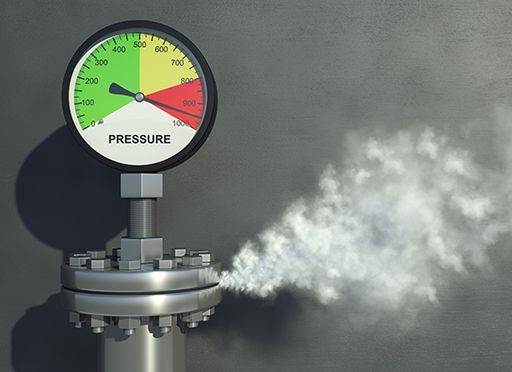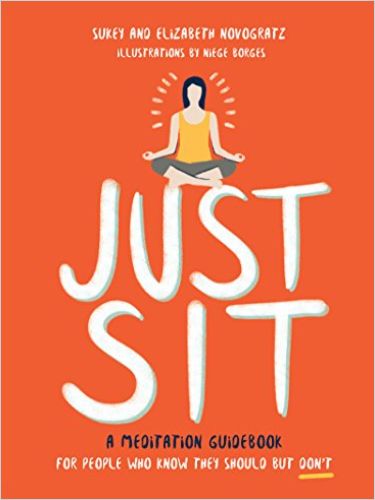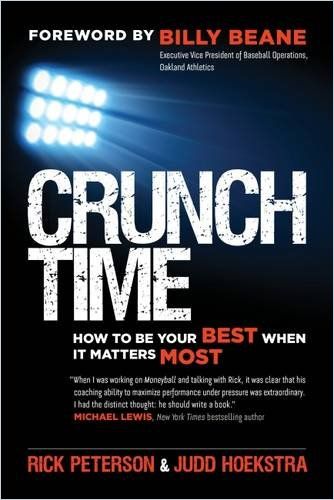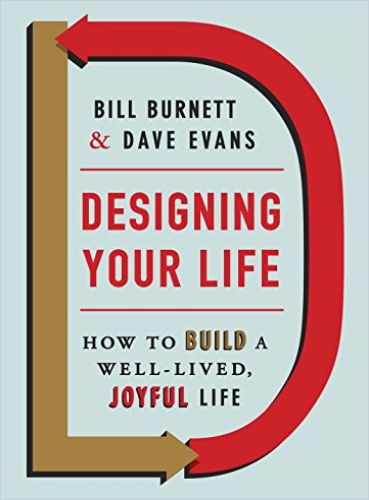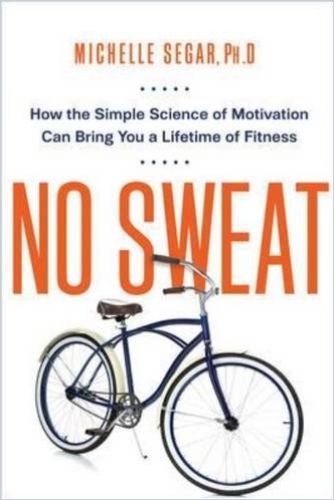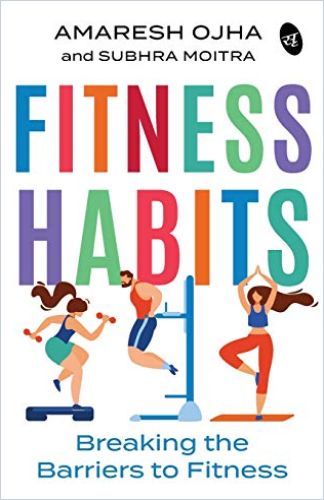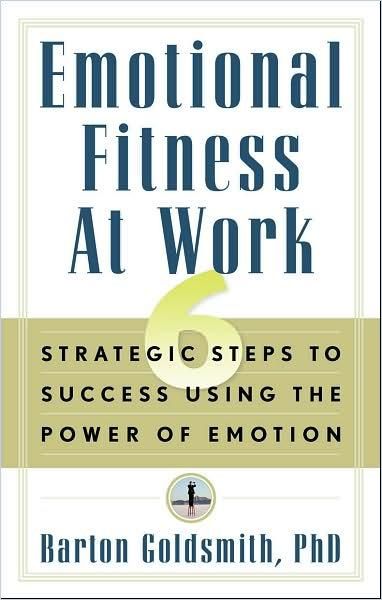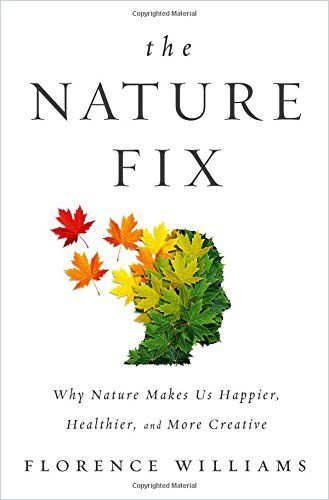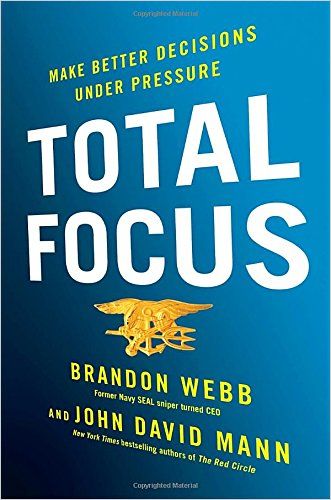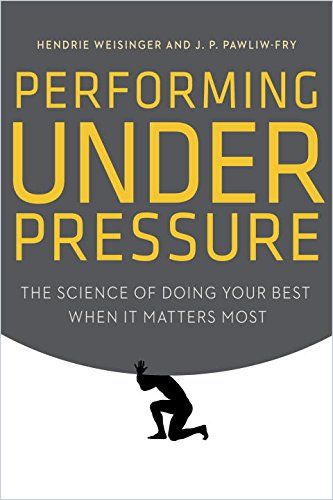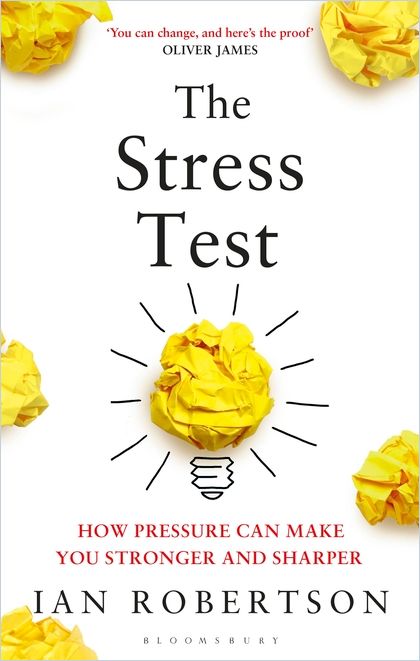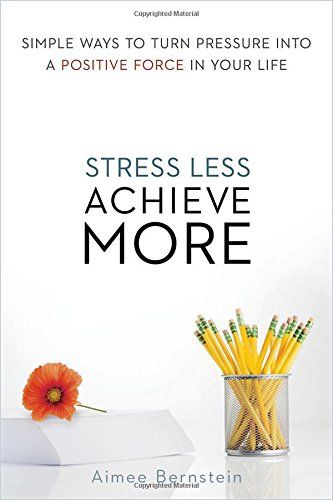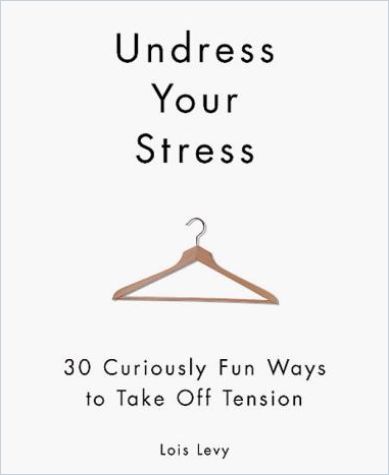How To Stop Pressure From Turning Into Stress

If you’re juggling multiple responsibilities at home, at work and with friends – in other words, if you’re living in the real world – you inevitably experience stress. Everybody knows stress can be deadly. But it doesn’t have to be.
As pressures mount, what can you do to make sure they don’t turn into the kind of stress that harms your health?
1. Your Body is Hardwired to Respond to Stress
Your body has a stress-response system to react immediately for survival in the face of existential threats from wild animals or perilous environmental conditions. The “fight-or-flight” mechanism kicks in to optimize your chances of survival by rushing extra energy to your muscles to power your combat or escape. Zebras also react to impending threats from a lion or other predator with an optimized stress response that quickly ramps them up to peak physical ability to survive an attack, notes neuroendocrinologist Robert M. Sapolsky in Why Zebras Don’t Get Ulcers. If successful, once the emergency passes, the zebra’s body goes back to a state of calm homeostasis, restabilizing oxygen, temperature, acidity and other levels in the body.
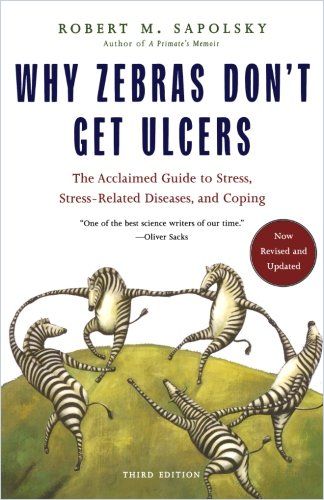
Times have changed, but the human response to stress remains the same: your breathing rate, heart rate and blood pressure shoot up, digestion and other systems shut down, and energy is diverted from other functions to meet the threat. Trouble is, the human body can’t always tell the difference between an imminent animal attack and a looming deadline on an important project. When psychosocial stressors constantly trigger your stress response, your health suffers. Over time, chronic stress can lead to a feeling of chronic fatigue, hair-trigger blood pressure rises and runaway anxiety. Unchecked, stress contributes to cardiovascular disease and reduced resistance to illness.
Robert M. Sapolsky
2. Don’t Boil Your Brain
As if those weren’t reason enough to check your response to stress, neuroscientist Dr. Mithu Storoni cautions in his book Stress-Proof that prolonged, chronic stress can “boil” your brain, altering its structure and wiring. It can make you more rigid and less able to adapt to additional pressures. While the rational part of the brain may remain calm, the irrational part can fly into panic mode, triggering your emotions including anger or fear. When facing a threat, the prefrontal cortex helps to calm your response. As stress becomes chronic, its ability to regulate emotions and reactivity weakens. Chronic stress affects your ability to focus, to adapt, your levels of anxiety along with inflammation levels, insulin resistance and your ability to sleep. In short, if you’re feeling stress, you aren’t thinking at your best. The sooner you start thinking more clearly, the sooner you’ll get through the stressful moment.
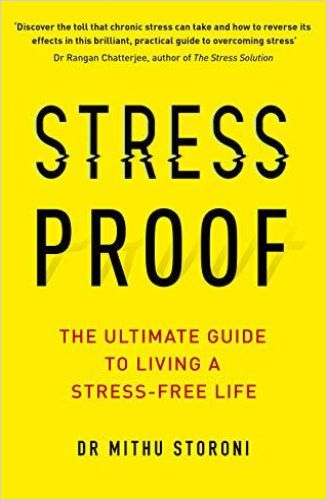
Storoni offers several strategies to bolster the rational mind’s ability to step in and handle pressure without letting it lead to stress:
- Develop the ability to divert your attention from whatever is stressing you out to something more positive. Meditation is helpful for this, but so is just playing a game on your smartphone.
- “Cognitive reappraisal,” where you purposely change your perspective on a stressful event, can help you calm down.
- Journaling can help you become aware of and sort out your feelings.
Over time these habits accumulate and add to your resilience. Know that when you recall something stressful, your body responds the way it did initially, which spikes your cortisol, the main stress hormone. Dysregulated cortisol can lead to sleep and other difficulties. Regular exercise – even just taking walks – will help you reduce your reactivity to pressure.
Controlling what you can control will buffer the toll taken by what you can’t control.
Mithu Storoni
3. Start Here to Unwind Stress
Checking stress starts with bodily awareness. When you notice your heart rate climbing, or your mouth getting dry, assess your situation. Are you responding to pressure by stressing your body out? Simply noticing your response won’t bring calm, but it will help you take a moment to reframe your response and figure out how to better deal with competing or challenging demands. Do these things to regain control and awareness:
- Integrate exercise into your life to remain more resilient in the first place.
- Listen to classical music to reduce the feeling of mental conflict.
- Develop “grit” by learning from setbacks rather than viewing them as failures and remaining optimistic.
- Maintain your social networks. Close personal ties generate the hormone oxytocin, which helps the body deal with stress.
- Use your brain’s “reward circuit” to stay motivated when pressures build. Schedule regular activities that bring you pleasure.
- Reduce inflammation, which can cause a “stress cascade” that adds to feelings of anxiety and despair.
- Reduce long-term insulin resistance by eating your smallest meal at night and avoiding sugar and saturated fats.
- Try melatonin if chronic stress has thrown off your body’s natural clock and you have trouble sleeping. Get some sunlight during the day.
- Spend some time in nature.
When the mind is in its optimal state, it reacts differently. It is more resilient in the face of stress. It heals faster after a trauma. It thinks constructive thoughts and views the world rationally.
Mithu Storoni
4. Make Stress Your New Best Friend
In both her article and book addressing the subject of stress, psychologist Kelly McGonigal says the key to preventing pressure from becoming stress is just not to let it psyche you out. Your belief that stress is harming you may be doing more damage to your health than the actual stress itself. In fact, trying to avoid stress might cause even more stress: people may withdraw from relationships or career opportunities in order to avoid that feeling of pressure, or turn to bad habits like excessive drinking to dull discomfort. But studies show this avoidance actually increases stress and leaves you with fewer resources to manage stressful situations. Plus you can’t “innoculate” yourself against stressors by building competency and therefore confidence in dealing with them. When you face rather than avoid stressful situations, you rewire your brain to handle them in the future better.
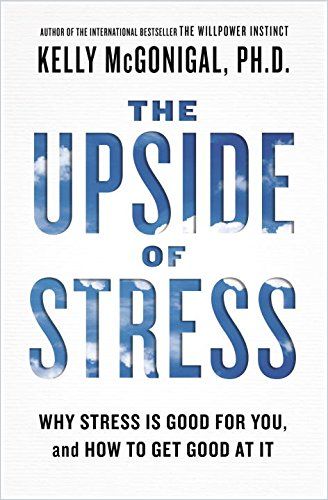
Rather than working to reduce the stress in your life, change your mindset and embrace its gifts. Studies found people who view stress as an ally rather than an enemy are happier and more productive, which leads to greater confidence. They’re also healthier.
Whatever the sensations of stress are, worry less about trying to make them go away, and focus more on what you are going to do with the energy, strength and drive that stress gives you.
Kelly McGonigal
To adopt this mindset, harness the physiological changes that stress causes to transform how you respond to pressure. The symptoms of stress – sweat, rising heartbeat, a dry mouth – come from a response to challenge and aren’t inherently bad for you. These changes, for instance, before you give a presentation, will give you greater focus and heightened cognitive abilities. So embrace them. This can change fear into excitement, energy and confidence as you face your challenges.
Choosing to view anxiety as excitement, energy or motivation can help you perform to your full potential.
Kelly McGonigal
5. Focus on Your Purpose
McGonigal talks about finding meaning and purpose in your tasks. So do other experts in the field. While psychologist Louis S. Csoka’s “Apex” method for managing stressful situations also recommends adaptive thinking and building “grit,” his first step in When the Pressure’s On is “Goal Setting.” Focusing on purpose helps keep things in perspective, and setting goals helps keep you organized.
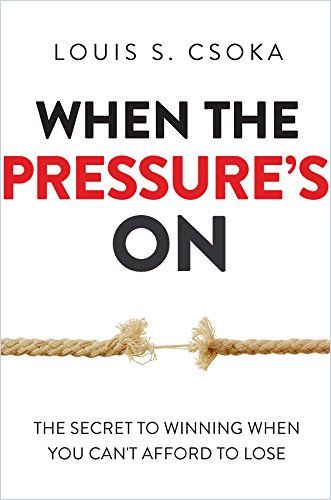
“Outcome goals” align with your larger lifetime dreams and make you feel most alive. Evaluate what skills you may have to develop to reach these goals and break your goals down into smaller action steps. Periodically reflect on your successes and make adjustments if needed. “Performance goals” are the things you do daily to move closer to your bigger goals. “Process goals” aid you in staying organized and on-task for reaching your performance goals. By translating your ambitions into actions and scheduling them, then using your experience as feedback to optimize the process for yourself, you will significantly cut down on the anxieties that come from competing pressures.
It does not matter where you are in your life; you can rewire your brain and function in ways you never thought you could.
Louis S. Csoka
6. Organizations Can Right-Size Work-Related Stress
Meeting deadlines, working with colleagues and adjusting to constant changes in your industry and the economy inevitably lead to work-related stress, but companies can reduce extraneous stressors by “Building a Culture of Learning at Work,” says Adam Grant. This approach supports resilient workers who embrace challenges by fostering an atmosphere of “psychological safety.” To do this, managers should model their humanity, vulnerability and their willingness to learn.
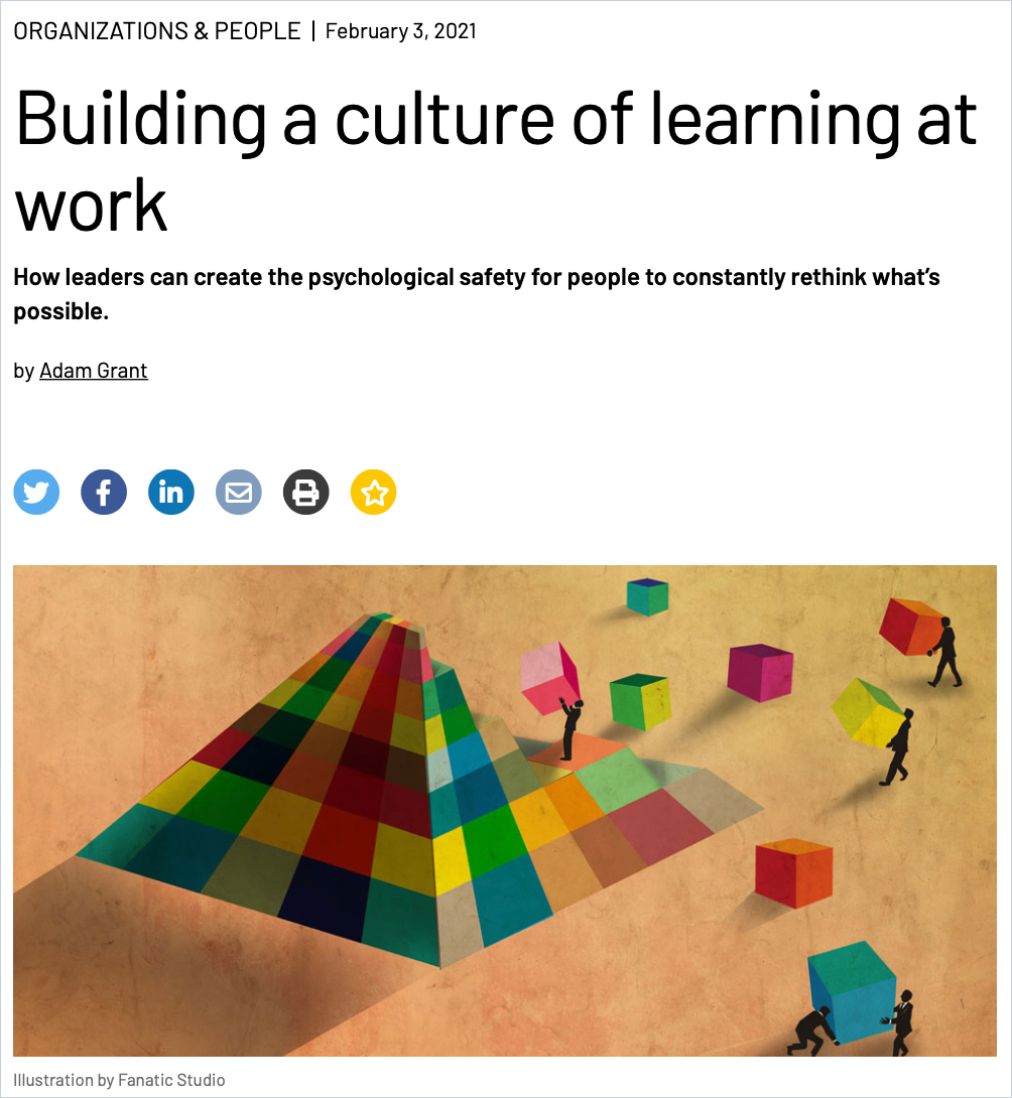
A workplace that values input from employees does what it can to make them feel safe and supported. When the company needs them to brainstorm new markets or help the company adjust to uncertain conditions, employees are fundamentally healthy, feel safe and can make the most of their challenges by meeting them with clear thinking and grit as they face the pressures of a volatile marketplace together.
For more strategies to manage stress, dip into these titles:

What Olympians Can Teach the Rest of Us About Performing Under Pressure, According to a Sports Scientist
Inc. Read Summary